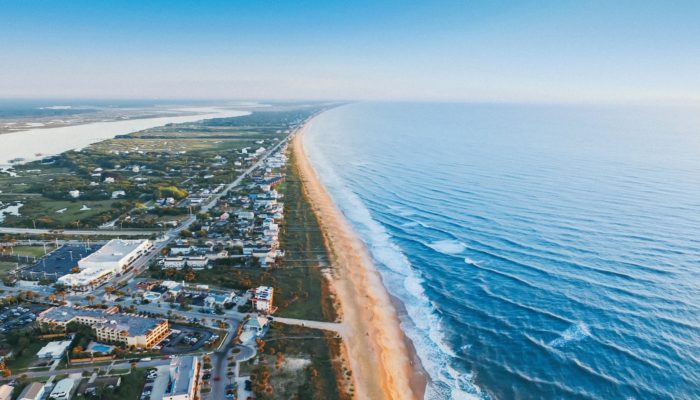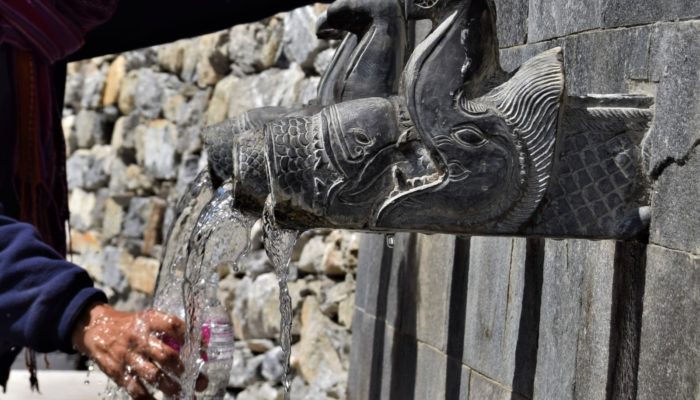A new paper published in Episodes: The Journal of International Geoscience highlights the importance of geoscience in tackling complex development challenges, and the need for new approaches to overcome barriers preventing greater application of geoscience within development. ‘Interconnected geoscience for international development‘, written by Professor Michael Petterson of Auckland U ...[Read More]
The seven frames of climate discussion in the media. How climate liability pushes for corporate action. Are we already unwittingly geoengineering the oceans? Jesse Zondervan’s August 2019 #GfGDpicks #SciComm
Each month, Jesse Zondervan picks his favourite posts from geoscience and development blogs/news which cover the geology for global development interest. Here’s a round-up of Jesse’s selections for the last month: As Greta Thunberg hits the news with her zero-carbon crossing of the Atlantic, this month discussion on adaptation to climate change is voluminous. Coverage of climate change follow seve ...[Read More]
Flooding in some of the world’s most at-risk cities

What are cities doing to mitigate rising sea-levels? What are the numbers behind the related challenges? In our August ‘Coast’ month, Heather Britton focuses on sea-level rise in the coastal cities of Jakarta, Lagos and London, where barriers and new islands are likely proposed solutions, even if they seem inadequate. [Editor’s note: This post reflects Heather’s personal opinions. These opin ...[Read More]
Tracking water consumption: how you can help fight climate-change-driven water stress
How much water do you think you’re using? When you eat 200 g of beef, you are using more than 3,000 liters of water. Regular blog author Bárbara Zambelli helps us understand how we can alleviate climate-change-related water stress in countries around the world, just through our choices of consumption. [Editor’s note: This post reflects Bárbara’s personal opinions. These opinions may not reflect of ...[Read More]


